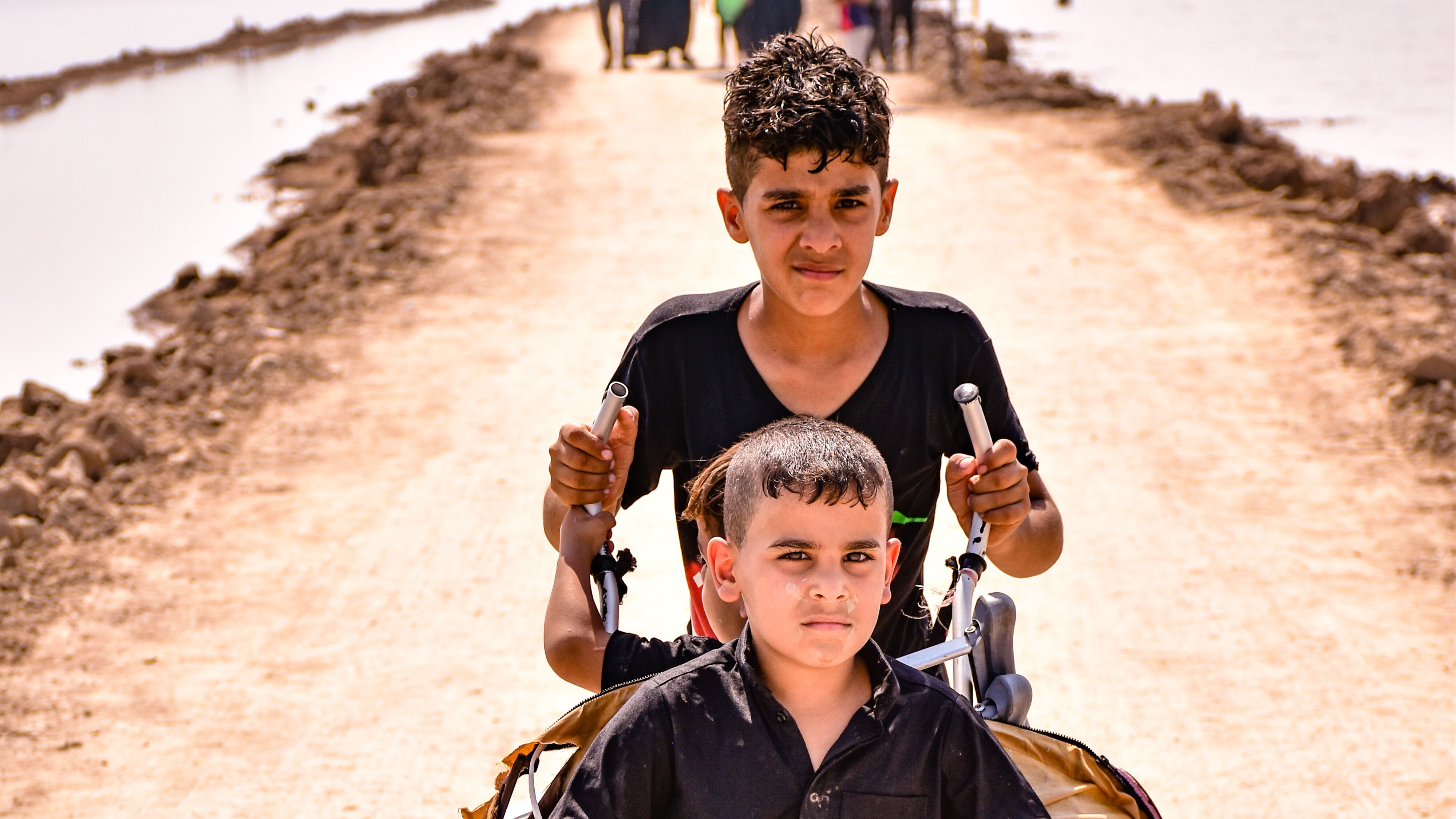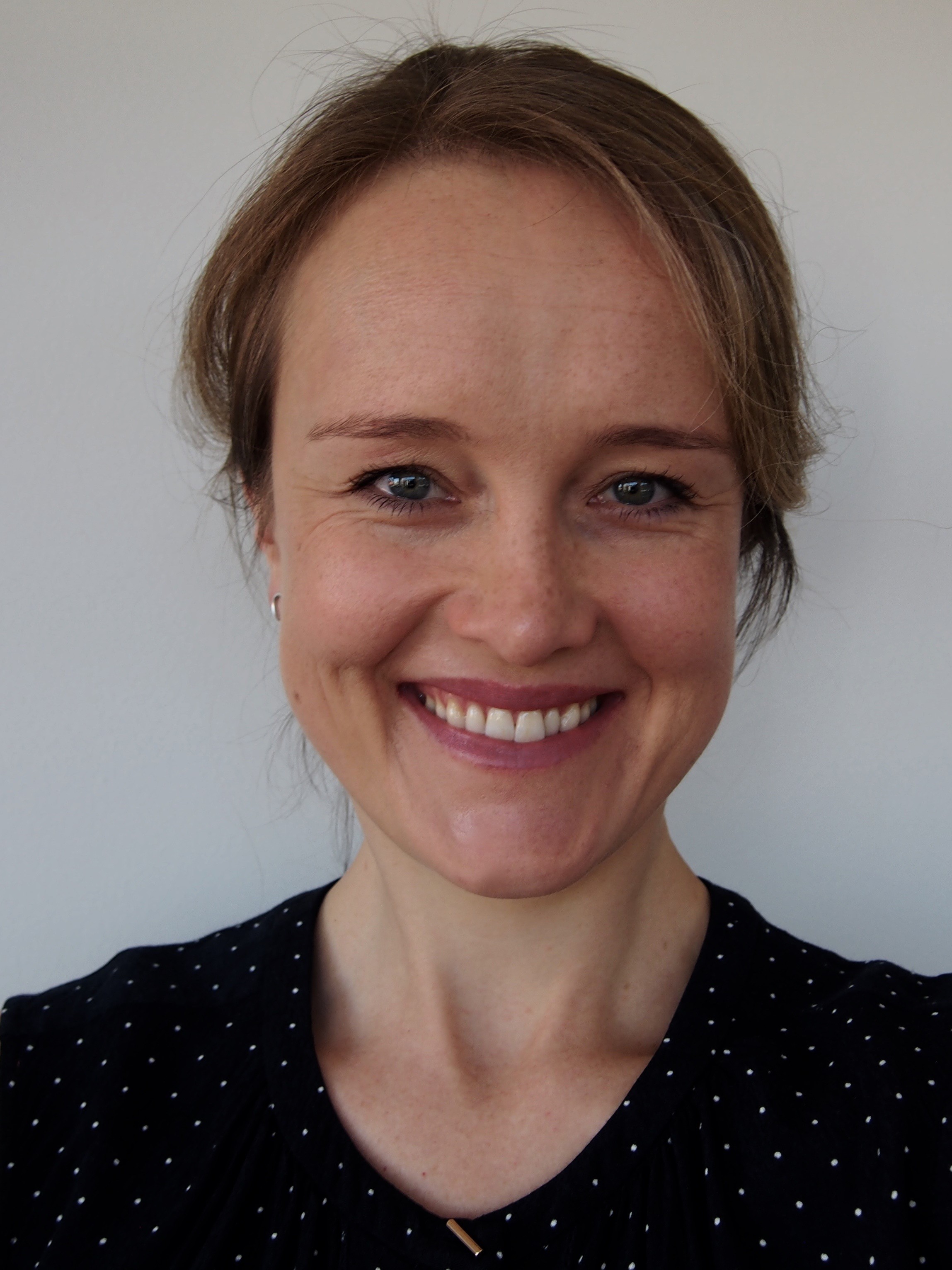PhD Exit Seminar: Parent level support for child mental health in complex humanitarian emergencies
The basis for, development of, and pilot testing of a parent group counselling intervention.
Content navigation
Description

About
Complex humanitarian emergencies (CHE) have a significant negative impact on child mental health. With millions of children worldwide affected by humanitarian crises, the need is high for effective interventions that are feasible in such unstable contexts. This requires interventions that can be implemented by non-specialist staff, and that consider the unique disruption that humanitarian crises create across the socioecology. Based on a socioecological model of child mental health and psychosocial development, parent-level interventions have the potential to impact on child mental health as well as on parent psychosocial wellbeing.
My PhD research aimed to develop, implement, and evaluate a parent intervention that can be delivered by non-specialist health staff in CHE settings to address child mental health needs. The research encompassed (i) literature review regarding child mental health in CHEs, (ii) exploratory research to understand the needs of staff and parents in CHEs, (iii) the development of a parent group intervention, (iv) exploratory research with non-specialist staff regarding the parent intervention, and (v) implementation of a pilot study in partnership with Médecins sans Frontières in Northern Iraq to assess the acceptability and feasibility of the parent intervention. In this seminar, I will present findings from my PhD research and discuss implications for future research and practice.
Bio
 Sally Carter is a PhD Candidate at the Research School of Population Health. She has a background in Clinical Psychology, specialising in child and adolescent mental health. She has worked in a range of settings, including humanitarian and development contexts. Her area of research is focused on developing effective and feasible interventions to address child mental health in complex humanitarian emergencies.
Sally Carter is a PhD Candidate at the Research School of Population Health. She has a background in Clinical Psychology, specialising in child and adolescent mental health. She has worked in a range of settings, including humanitarian and development contexts. Her area of research is focused on developing effective and feasible interventions to address child mental health in complex humanitarian emergencies.
Location
Meeting ID: 821 5375 9112
Password: 743640
